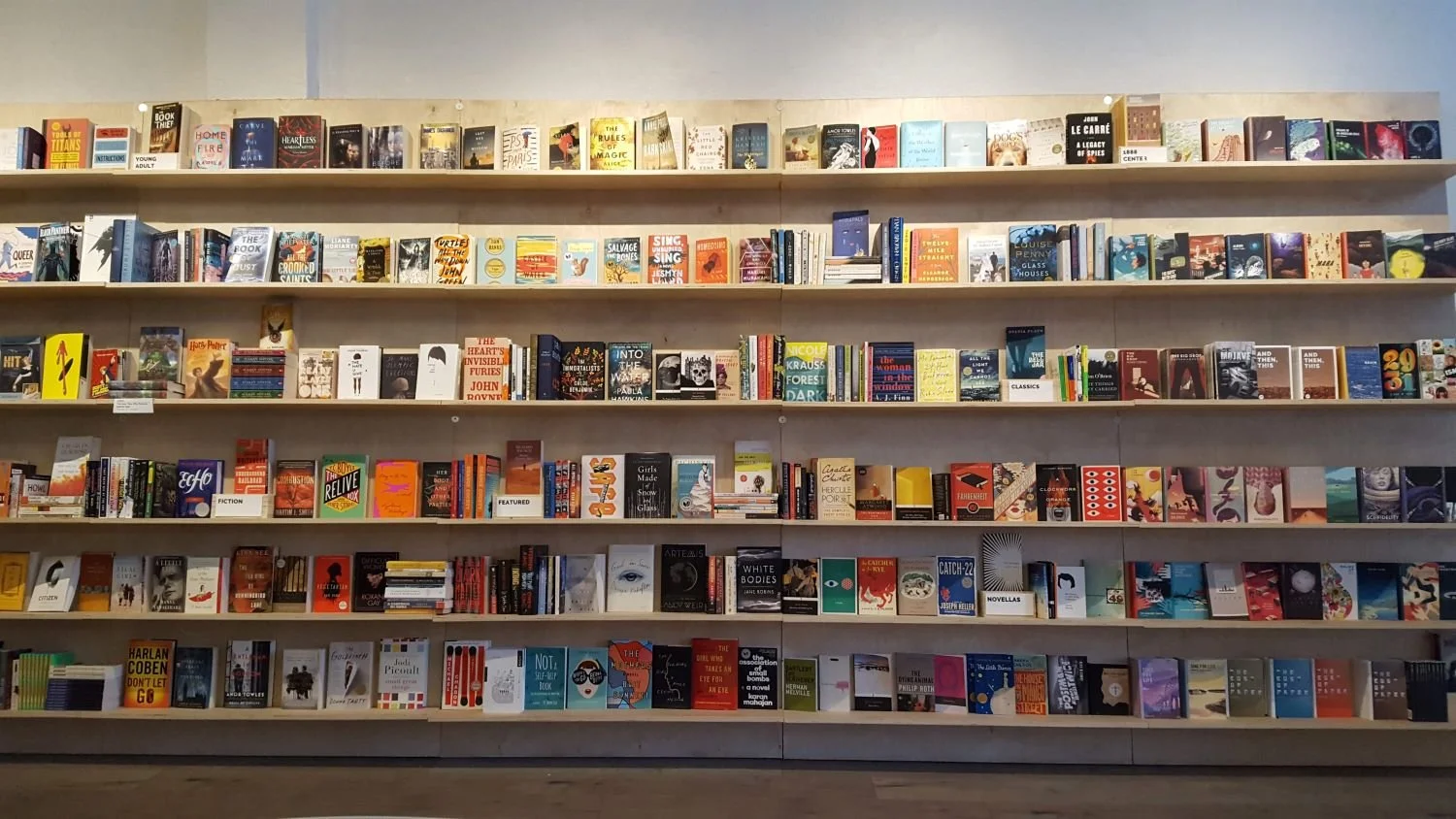Leading Change and Its Near-Cousin, Grief
A Spark from Change Management
One of the things I did not expect in returning to school and this field of study is how much it is about people, not systems. It’s what I am appreciating about the course, Leading and Managing Change right now. Meaning, it is a recognition that this is a human thing. Change is a human experience and, as such, there should have been no surprise that grief is also involved with understanding change. But I was. I was surprised.
Change is often understood in terms of loss and that often means that embracing change is to embrace grief. I was surprised to see that Kubler-Ross’s Five Stages of Grief were included in the course material. But what could be more human?
The amazing thing of learning is that it can reframe the past. I think back about the change I’ve seen as a leader and also the grief involved. I think back to the cultural center in Orange, CA. My past life.
Orange, CA
After successfully acquiring the support of a grant from the state of California, we initiated a total rebrand of our organization. Moving away from an arts organization, the goal was to become something more civically minded and leverage creativity and storytelling as a means for cultural and social betterment. We launched a special podcast series on the incarceration of Japanese-Americans in WWII and DACA recipients. In the early moments of this victory, the plan was for me to eventually move away from my nebulous roles that make “co-founder” and become the Executive Director.
However, just a few months down the road, bad news arrived. Funding had suddenly reached a breaking point after an agreement ultimately fell through, and we did not have enough to sustain the organization as it was with the funding gap. Instead of becoming the Executive Director, I became unemployed.
The first month was a blur and locked in denial. I now see it as spiraling. All I was able to do was stay home or walk to a cafe in Old Towne where I would study French as long as I could. I was so shook that it didn’t even occur to me to apply for unemployment until someone asked months later. It took years and scars to understand all that happened. Going from a belief that our work would change the world to being totally dismantled took time to understand. I’ve written more about the experience itself and the move to Boston just after, but I revisit it now with this course in mind.
There is a poem by Mary Oliver, “The Uses of Sorrow”. I think of it now. At that time, that experience was the most destructive thing I had gone through. From this perspective, it continues to deepen my humanity. I understand, tangibly, what loss feels like. I am tempted to say “loss in an organization,” but that is missing the point. The point is that an organization is made of people, and that means leading change can touch close to the profound moments of a human life, especially grief.
More soon,
Trevor
Now-reading affiliate links:
